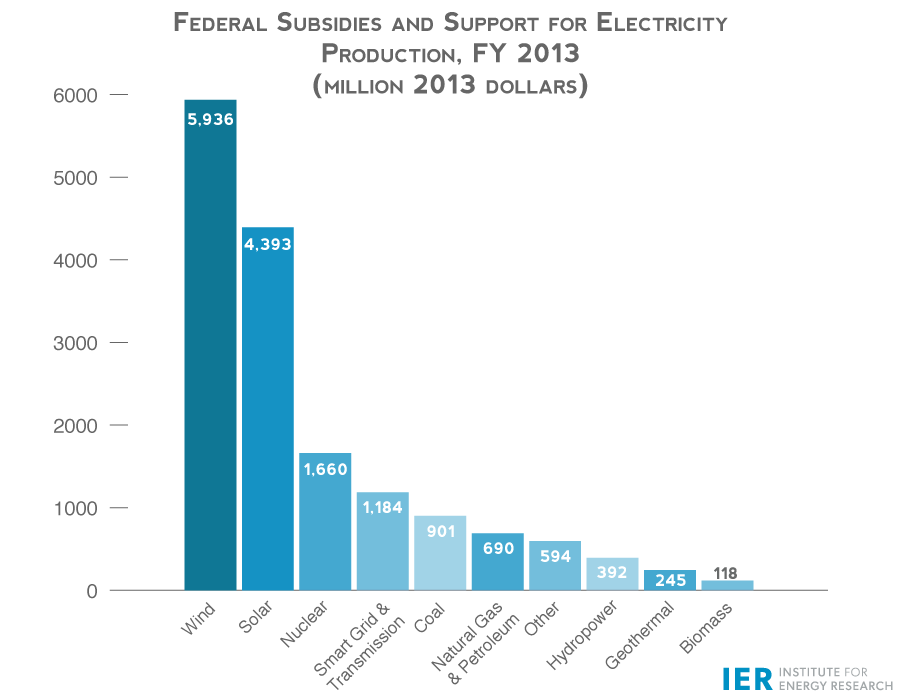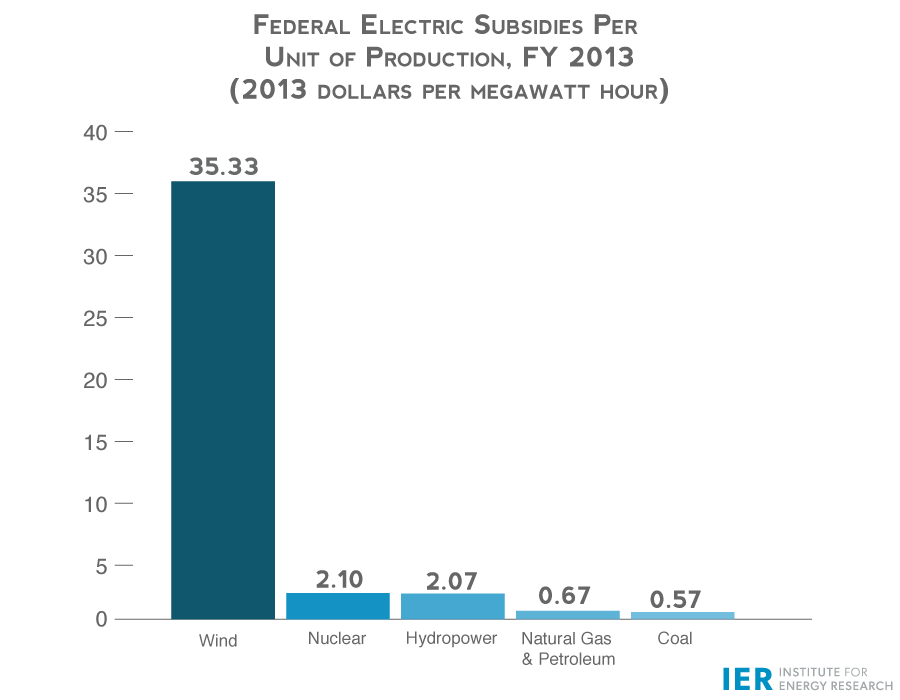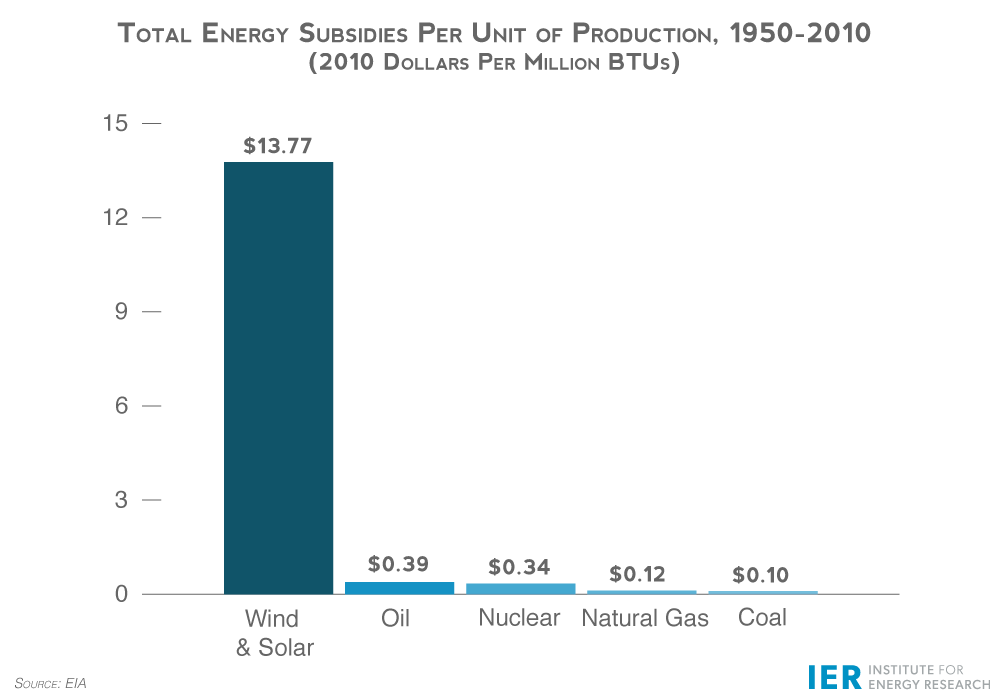Truly great films have a way of transcending time and place, and certain characters and scenes have a way of popping up in our memories years after we see them. One such character is the warrant-wielding EPA lawyer Walter Peck from the 1984 film Ghostbusters, a character so despised that the actor playing him was allegedly harassed in public on more than one occasion.
Indeed, Peck shined with such a brilliant, bothersome presence that each new run-in I have with a pointy-headed bureaucrat reminds me of his face–a face most viewers would agree is one of the most punchable in movie history. Now, 32 years since the film’s release and amid media buzz about the Ghostbusters reboot, EPA officials are looking and sounding more and more like Peck every day.
Take for example the critical scene when Peck marches into the Ghostbusters’ headquarters and demands they shut down the high voltage containment grid holding all the ghosts they’ve captured.
This exchange between the EPA lawyer, “grid” experts, and the electric utility worker is eerily reminiscent of today’s disagreements over EPA’s power plant regulations. Peck clearly has no expertise in the machinery he’s trying to shut down, and he has no time to listen to the machine’s operators or the utility worker. To the electrician from ConEdison, he quips, “I’m not interested in your opinion, just shut it off.”
The real-world EPA and its supporters strike the same tone when it comes to EPA’s plan to re-work the high voltage power grid–experts warn of danger ahead while EPA charges on with the “shut it off” approach. For example, EPA administrator Gina McCarthy has shrugged off reliability assessments that highlight potential problems with shutting down dozens of gigawatts of reliable generation capacity.
However, something important from this classic scene is missing from today’s scenario. In Ghostbusters, Peck has all the warrants he needs–he comes prepared with a “cease and desist all commerce order, seizure of premises and chattels, ban on use of public utilities for unauthorized waste handlers, and a federal entry and inspection order.” In other words, the court is on his side. McCarthy’s EPA, in contrast, has been snubbed twice by the Supreme Court in its efforts to shut down vast amounts of electricity production, mostly from coal-fired power plants.
First, the late Justice Scalia wrote a scathing opinion that found EPA unreasonably ignored cost in devising its “Mercury and Air Toxics Standard,” a rule that has already shuttered dozens of gigawatts of reliable coal-fired power plants and increased the risk of problems with grid reliability. Second, the Supreme Court issued a stay on EPA’s signature carbon rule, the so-called “Clean Power Plan.” And the two are related–the court likely issued the stay in order to avoid a repeat of its correct but too-late-to-matter opinion on the mercury rule.
McCarthy is eager to do her best impression of Peck and push forward with her “shut it off” carbon rule, with or without legal footing or consensus from experts. In fact, now she is asking states to implement the rule as if the Supreme Court had never issued the stay. (It’s worth noting that she never took legal challenges seriously in the first place.)
With each new round of regulations from EPA, I can’t help but wonder if the motto over there is “What Would Walter Peck Do?”




